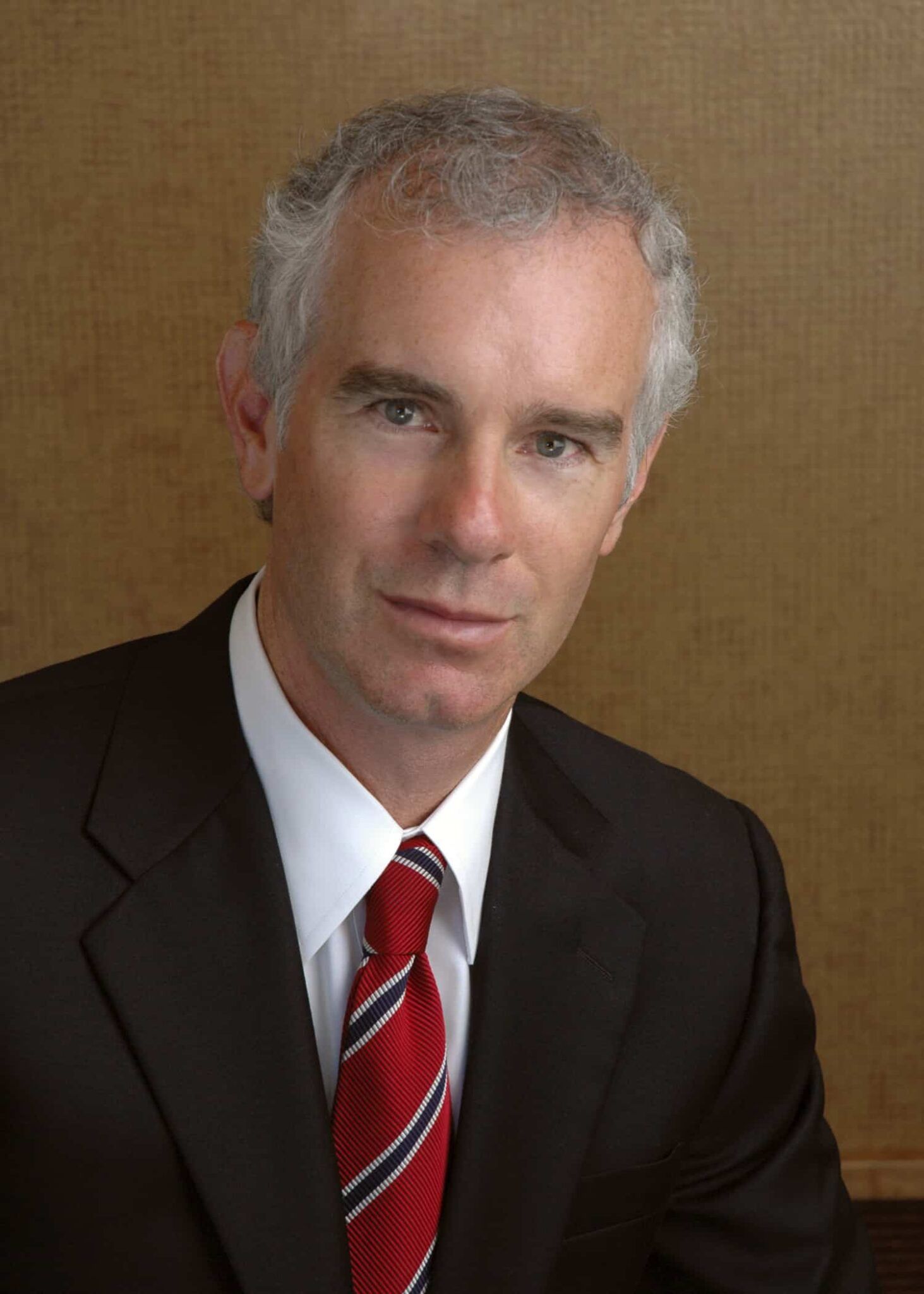No more bankers’ hours
As feds layer on regulations, extra time spent studying
Today’s banker needs to have an unquenchable thirst for knowledge, because the work environment has morphed into one big pile of homework as regulations governing the industry continue to evolve to avoid another financial crisis.
People entering the banking industry now must be willing to commit to a career of reading and studying, said Kelso Kelly, regional president for ANB Bank in Boulder and Fort Collins.
The Dodd-Frank Wall Street Reform and Consumer Protection Act, a massive piece of financial-reform legislation passed by the Obama administration in 2010 as a response to the financial crisis of 2008 to decrease various risks in the U.S. financial system, has bankers feeling like they are back in college.
SPONSORED CONTENT
Commercial Solar is a big investment, but not an overwhelming one
Solar offers a significant economic benefit for commercial property owners while also positively impacting the environment and offering a path to compliance for new municipal requirements like Energize Denver. A local, experienced solar installer will help you navigate the complexities of commercial solar to achieve financial success for your project.
“It used to be that a few minor changes might come along that needed to be learned and implemented. … Now there are 100’s of changes issued at a time as banking regulations continue to evolve,” Kelly said. “We used to be able to go over them as a group, and that would be it. Now, it has become such a big task that we use online training, a combination of classes and tests.”


Kelly said his employees, from tellers to executives, spend anywhere from 10 to 20 hours every six months keeping up with revised and new regulations. Classes range from how to detect money-laundering by terrorists to avoiding loans being made to those who are well-intentioned but at risk of defaulting.
For example, there is a course that explains the role bank employees play in detecting and reporting on money-laundering activities and ensuring that the U.S. Department of the Treasury’s Office of Foreign Assets Control’s sanctions are carried out against targeted terrorist groups and individuals. It covers basic anti-money laundering activities for which all banks are responsible, and shows employees how they fit into the war on crime and terrorism. They need to be able to recognize the purpose of OFAC laws, the types of sanctions that can be imposed, and what those laws require of financial institutions.
Although banks have been required to assist U.S. government agencies to detect and prevent money laundering through the Bank Secrecy Act of 1970, in recent years more details to the act have been added.
In this one aspect of recent regulations, employees are required to know when and how Currency Transaction Reports and Suspicious Activity Reports must be filed, and how to identify suspicious transactions and patterns of transactions. They need to be able to identify individuals involved in large currency transactions; obtain complete information for monetary instrument records; and understand other reporting and record retention requirements. On the flip side, they also need to know how certain customers may be exempted from large currency transaction reporting requirements.
“The job is much heavier in recordkeeping,” said Kelly, who adds, “The oldest banking rule is know your customer. … That’s more important now than ever.”
Gerard Nalezny, chairman and chief executive of Verus Bank of Commerce in Fort Collins, said banks must have employees who specialize in specific areas such as business banking and commercial lending, compliance and risk management, executive education, mortgage lending, retail banking and marketing plus wealth and trust management.
“Institutions have to focus on compliance components more than ever,” Nalezny said. “Go back 30 years, and a banker would do it all — home loans, business loans — but not now. As layers are continuously added to regulations, it requires even the entry-level role to be more specific than general. … There’s always homework,” he said.
Finding the talent
Because the economy is improving and the labor pool is tightening, banks are competing for people for all job roles, especially on the production side, the folks who call on businesses to take out a loan, growing the bank’s loan side of the balance sheet.
Subsequently, salaries have become more competitive.
“What was a $75,000 annual salary five years ago is $90,000 to $100,000 today,” Kelly estimated. He characterizes the Front Range from Boulder to Fort Collins as “one of the more competitive areas.”
Bankers say one of the key attributes for this type of job is having an engaging personality. They also need to be smart, careful, conscientious and willing to be involved in a continuous learning environment, Kelly said.
Adam Consiglio, with Mattei Executive Search Group LLC, an affiliate of MRINetwork that specializes in recruiting compliance and production specialists, said already-complex regulations governing mortgage operations due to Dodd-Frank have become more complex.
For example, regulators recently amended Regulation Z of Dodd-Frank’s Truth in Lending Act as it pertains to compensation for loan originators.
The amendment is intended to protect consumers by reducing incentives for loan originators to steer consumers into loans with particular terms and by ensuring that loan originators are adequately qualified. It establishes time-consuming tests to determine when loan originators can be compensated through certain profits-based compensation arrangements based on points and fees.
Today’s banker needs to have an unquenchable thirst for knowledge, because the work environment has morphed into one big pile of homework as regulations governing the industry continue to evolve to avoid another financial crisis.
People entering the banking industry now must be willing to commit to a career of reading and studying, said Kelso Kelly, regional president for ANB Bank in Boulder and Fort Collins.
The Dodd-Frank Wall Street Reform and Consumer Protection Act, a massive piece of financial-reform legislation passed by the Obama administration in 2010 as a response to the financial crisis…
THIS ARTICLE IS FOR SUBSCRIBERS ONLY
Continue reading for less than $3 per week!
Get a month of award-winning local business news, trends and insights
Access award-winning content today!

